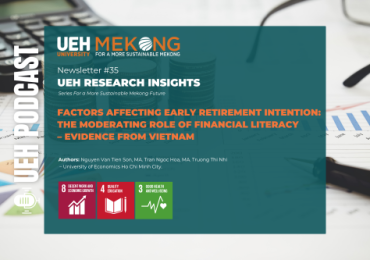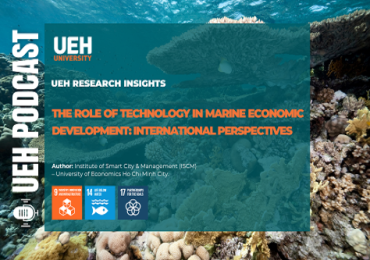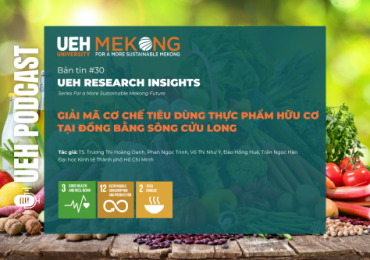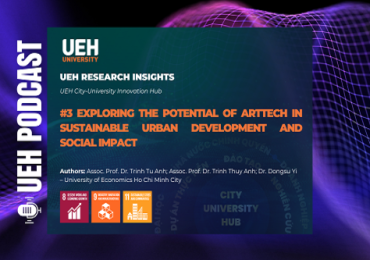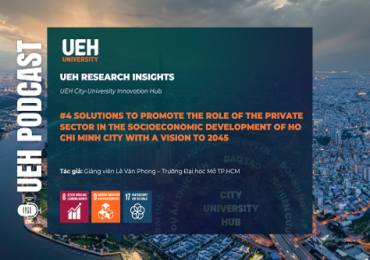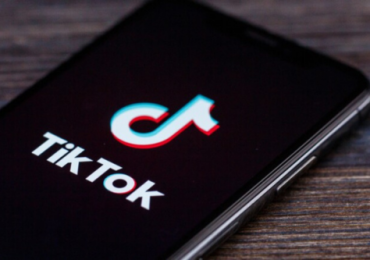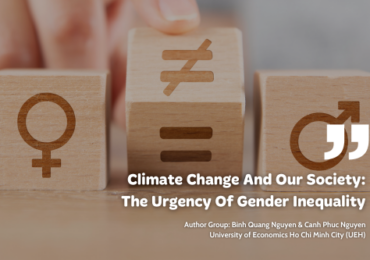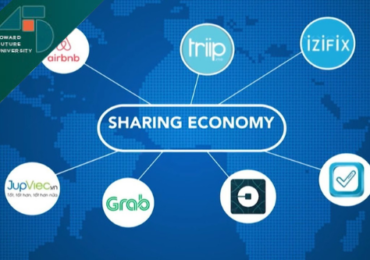[Research Contribution] Exploring the Dichotomy Between Brand Addiction and Brand Love
25 November, 2025
Keywords: Brand Addiction, Brand Love, Harmonious Passion, Obsessive Passion, Brand Attachment, Materialism, Post-Scandal Brand Support
In a consumer landscape where personalized brand relationships are increasingly common, the study “Exploring the Dichotomy Between Brand Addiction and Brand Love,” conducted by a team of authors from the University of Economics Ho Chi Minh City, RMIT Vietnam, and the University of Lisbon, introduces a new, more profound, and comprehensive approach to understanding two concepts often seen as opposites: brand love and brand addiction.

Challenging the traditional assumption that brand love is positive while brand addiction is negative, this research proposes a more balanced and nuanced perspective: both are outcomes of passion and emotional attachment, capable of leading to both positive and negative behaviors.
Analyzing the Nuances Between Brand Love and Addiction
This study is one of the few pioneering works to integrate two powerful theoretical frameworks—the Dualistic Model of Passion and Attachment Theory—to clarify the antecedents of both brand love and brand addiction.
The authors discovered that both forms of passion (harmonious and obsessive) can lead to both brand love and brand addiction, thereby dismantling the previously rigid dichotomy.
Simultaneously, the research establishes a strong link between brand love and brand addiction, affirming that brand love can be a precursor to brand addiction under conditions of intense emotional engagement.
Brand Management in an Era of Post-Scandal and Obsessive Consumption
Survey results from 417 Vietnamese consumers reveal that brand addiction not only leads to extreme consumption behaviors (such as materialism) but can also serve as a protective factor for a brand in crisis—consumers are willing to forgive and continue supporting the brand even after a scandal.
Both brand love and brand addiction were found to have a comparable impact on post-crisis brand support. This suggests that managers should consider both forms of emotional connection in their customer retention strategies.
However, brand obsession can lead consumers to over-purchase, hoard unnecessary products, and place excessive value on material possessions. This serves as a critical warning for brands not to cross ethical boundaries when leveraging consumer emotions.
Strategic Directions and Social Responsibility
Based on these analyses, the authors propose the following recommendations:
First, brands should encourage harmonious passion—helping customers enjoy the brand experience without becoming dependent—through personalized content, community engagement, and fostering a sense of autonomy.
Second, in communication campaigns, brands should identify and manage behaviors showing signs of negative “addiction,” avoiding the promotion of unhealthy consumption trends.
Third, businesses should develop internal early-warning systems to detect signs of a shift from brand “love” to brand “obsession.” They can then intervene with positive content, limit excessive exclusivity, and reinforce social messaging to maintain a healthy relationship with consumers.
Academic Implications and Future Research Directions
This study contributes to expanding the theoretical foundation of consumer behavior by establishing that brand addiction is not just a “dark side” but also a “hidden side” that has been inadequately understood. This provides a basis for future research into the transitional factors between emotional states: from passion to love, and from love to addiction.
Furthermore, the research suggests an ethical and behavioral psychology approach to brand management: how can a brand connect deeply with consumer emotions while maintaining the health of that relationship?
Ultimately, this study not only broadens our understanding of the consumer-brand relationship but also offers timely warnings and new strategic directions for brands in an era where emotion, trust, and social responsibility are increasingly intertwined.
Author: Dr. Le Thi Hong Minh – University of Economics Ho Chi Minh City and associates
This article is part of the series spreading research and applied knowledge from UEH with the message “Research Contribution For All.” UEH cordially invites readers to look forward to the next UEH Research Insights newsletter.
News, photos: Authors, UEH Department of Communications and Partnerships

[Podcast] Recommendations for University education development
14 February, 2025
[Podcast] Developing Vung Tau into a World-Class Tourism City
16 January, 2025
[Podcast] Postdigital Design Strategies for Media Art
6 January, 2025
[Podcast] NFTs – Artistic Innovation or Just a New Hype?
27 December, 2024
[Podcast] Boosting Employee Creativity with Constructive Feedback
23 November, 2024
[Podcast] “Dutch Disease” in Remittances and the Case of Vietnam
4 November, 2024
[Podcast] Latest approaches for sustainable universities
11 July, 2024
Data Law – Part 1: Necessity for a New Approach
18 May, 2024
Advertising Evaluation on Tiktok Platform
14 May, 2024
[Podcast] Advertising Evaluation on Tiktok Platform
13 May, 2024
Promoting Learner Autonomy in English Language Learning (Part 1)
24 November, 2023
ArtTech And Sustainable Development
27 October, 2023
Motivation of EFL Vietnamese Students in Economics-related Majors
12 October, 2023
Climate Change And Our Society: The Urgency Of Gender Inequality
12 October, 2023
People Analytics in Vietnam
10 March, 2022
Revolution in Experimental Economics
30 January, 2022
The Sharing Economy: Governance Issues in Vietnam
24 January, 2022
Employment Policy For Ho Chi Minh City in Post-social distancing Period
28 December, 2021
Lifelong learning at UEH: Towards a Sustainable University
28 December, 2021
Building a Decentralized Stock Market based on Blockchain Technology
24 December, 2021
Consumer price index from big data mining perspective (Big data)
17 November, 2021
Overview Of Digital Currency – Part 5: DIEM Private Stabilized Currency
11 November, 2021

